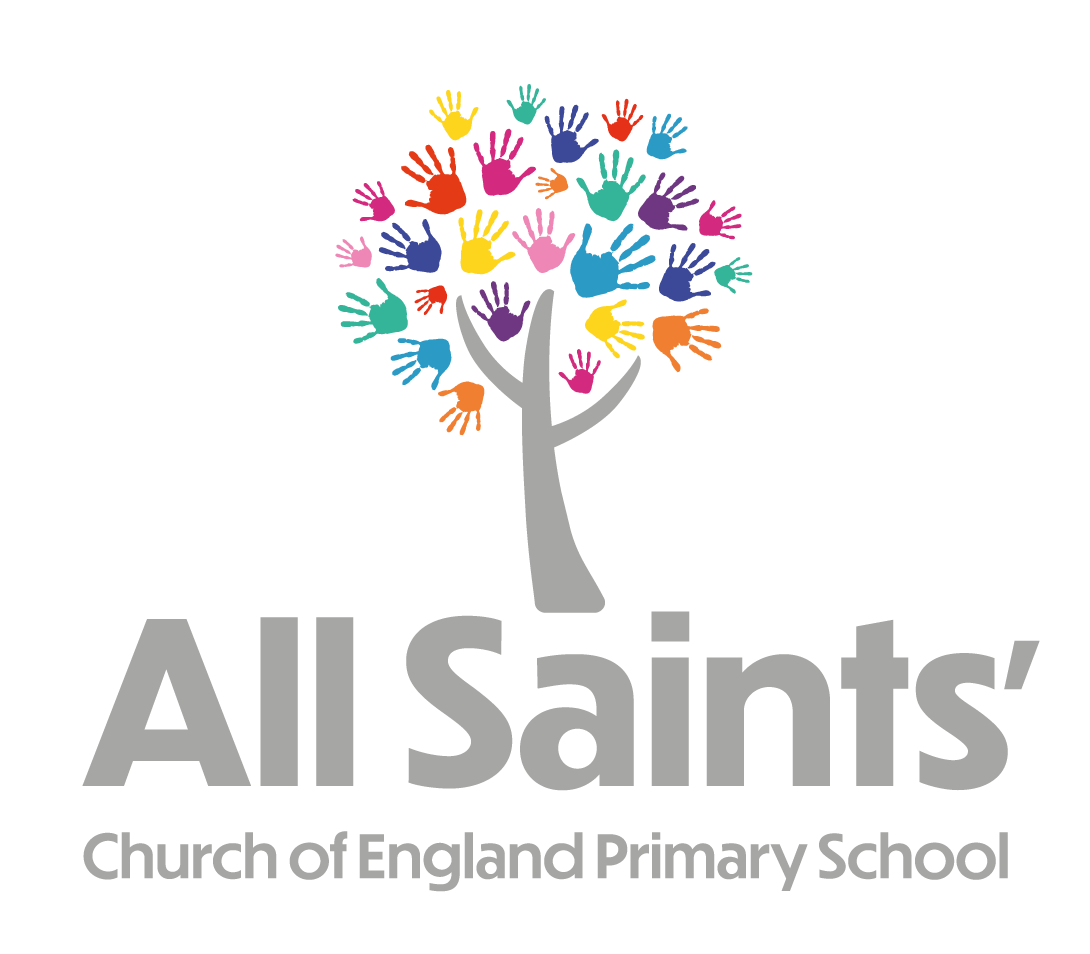Filtering & Monitoring
We have put in place effective filtering and monitoring systems to help help safeguard children from harmful online material and provide a safe environment for learning. Filtering restricts access to online content, while allowing us to monitor activity.
In England, the Department for Education’s (DfE’s) filtering and monitoring standards for schools and colleges provides further detail about the systems schools we have in place, including:
- a filtering system that blocks internet access to inappropriate and harmful content. The system should not excessively restrict the day-to-day needs of the school or stop students learning how to recognise risk themselves
- an effective monitoring strategy that allows incidents to be quickly recognised and recorded
- clearly identified roles and responsibilities for staff and third parties. This should include assigning a member of the senior leadership team and a governor to be responsible for ensuring the standards are met
- regular reviews (at least annually) of the filtering and monitoring provision to check that systems are working as expected
(DfE, 2023b).
The DfE statutory safeguarding and child protection guidance for schools in England, Keeping children safe in education (KCSIE) (DfE, 2023c) makes it clear that:
- all staff should receive training on the expectations, applicable roles and responsibilities in relation to filtering and monitoring
- the designated safeguarding lead should take lead responsibility for understanding the filtering and monitoring systems and processes in place
- information on school child protection policies should include information on appropriate filtering and monitoring on school devices and school networks.
We have worked alongside the Local Authority and technical support services to ensure we have these measures in place.
